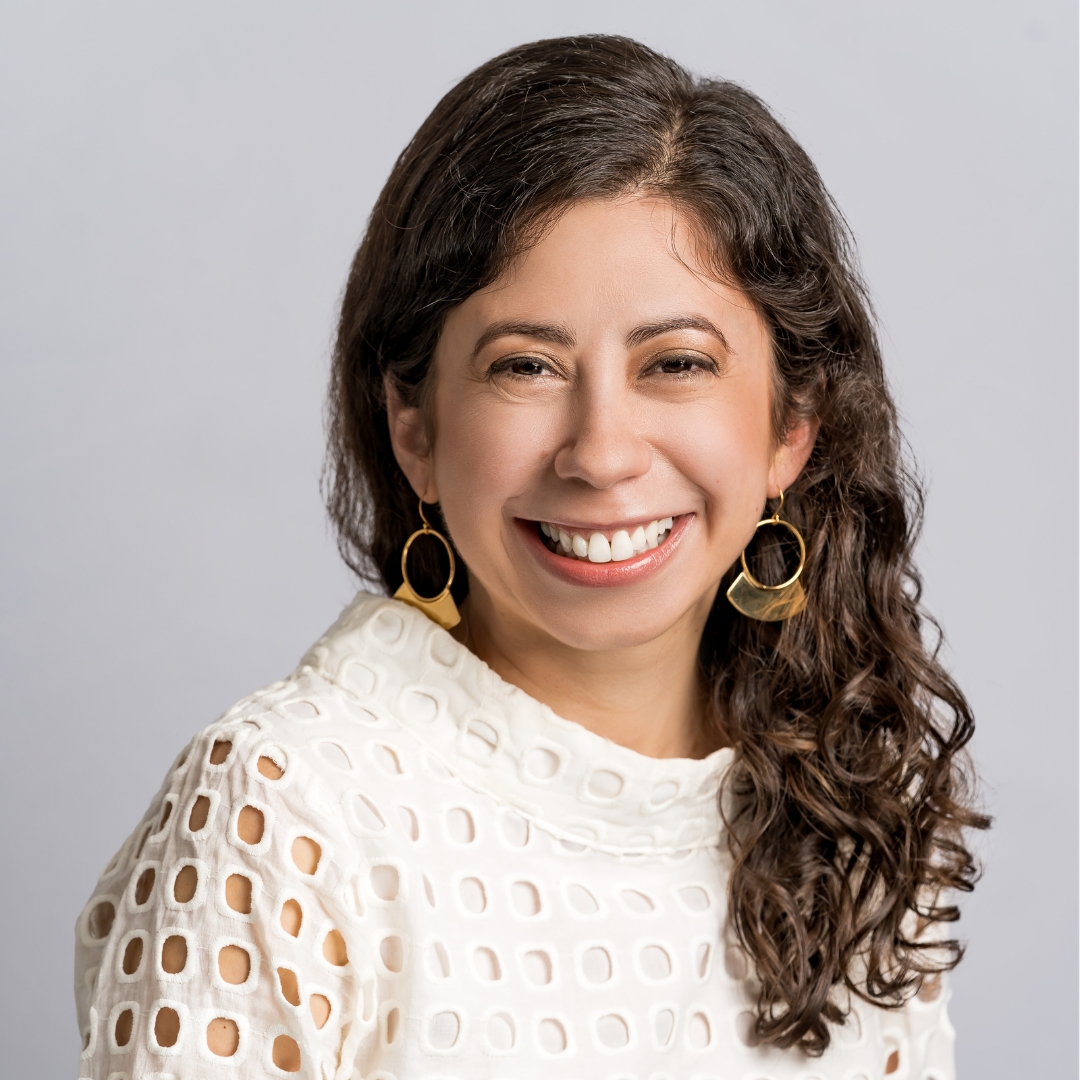Between March and July of this year, 4,200 children in New York State lost a parent or caregiver to COVID-19.
Four-thousand, two-hundred individual children.
In just one state.
During just five months of a pandemic that continues to rage across the country.
Although experts continue to debate how COVID-19 affects children physically, the pandemic has taken its toll on children in countless and lasting other ways, including through the trauma of losing a parent, increased food insecurity, increased poverty, mental health issues, and school and child care closures. Children of color disproportionately suffer these impacts.
The United Hospital Fund’s recent report, “The COVID-19 Ripple Effect: The Impact of COVID-19 on Children in New York State”, offers a devastating snapshot of the situation in the Empire State. The researchers found that in five months of this year:
- One out of every 600 Black children and one out of every 700 Hispanic children in New York lost a parent;
- An additional 325,000 children in New York are newly in or near poverty (on top of the 350,000 New York children who were already in or near poverty)
- Up to 23% of New York children who lost a parent or caregiver due to COVID-19 may be at risk of entering foster or kinship care.
The long-term impacts of these traumas include increased poverty and housing instability, prolonged financial hardship, and increased mental health illnesses, among others.
United Hospital Fund’s Suzanne Brundage, an author of the report, joined First Focus on Children to discuss the implications of the research and how we can use it to protect children in the future. Please find the conversation in the video at this link/above. For comprehensive information on children and COVID-19, please see our resource Key Stats on the Effect of COVID-19 on Kids.

